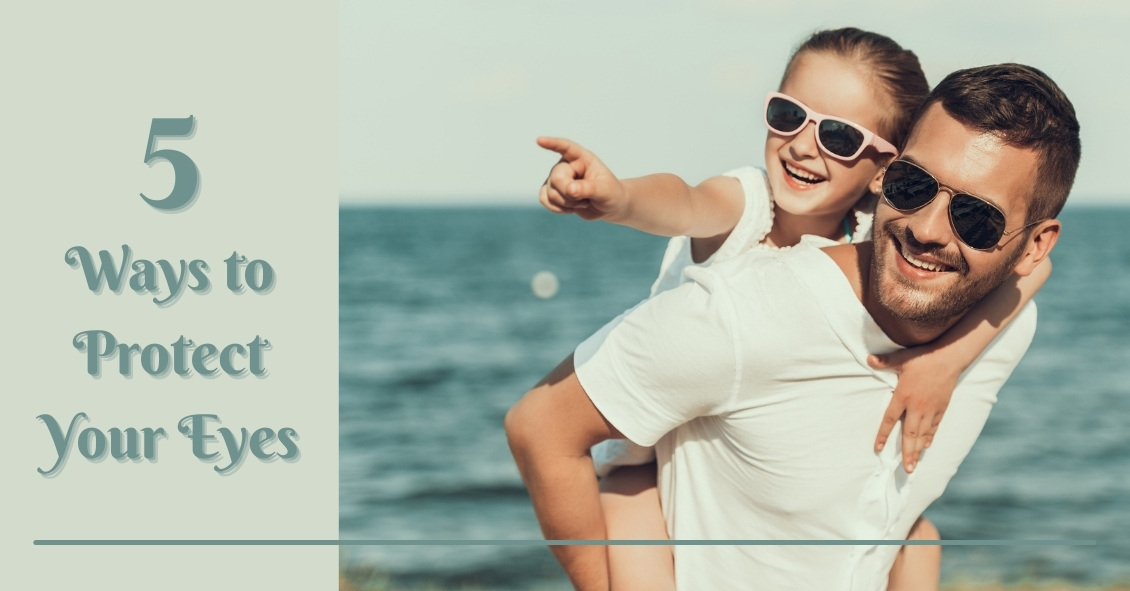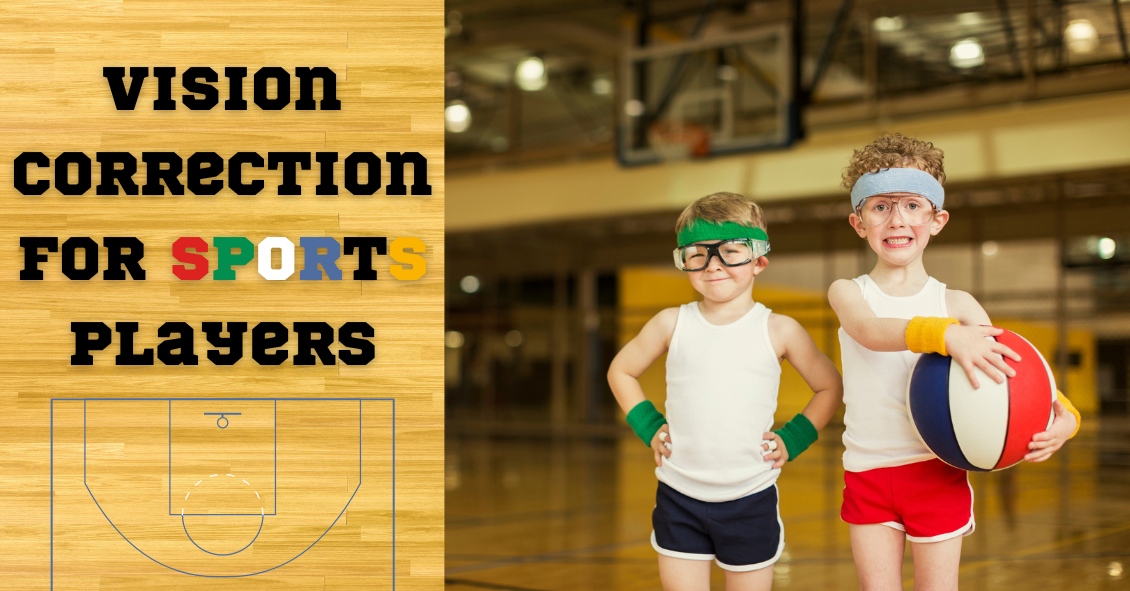
YOUR EYES.......You only have two of them so treat them well and learn how to keep them safe from harm. Here is a list of five vital ways to prevent injuries to one of your most precious assets, your vision.
- Wear Safety Glasses. Failure to wear protective eye wear is one of the main causes of job related injuries to the eye according to OSHA (Occupational Safety & Health Administration). Well-made safety glasses are made from a polycarbonate material which can withstand the impact of a .22 caliber bullet. Safety glasses at work protect you from foreign bodies and chemical exposure to the eye area. Wearing protective eyewear for yard work, weed eating, and cutting wood keeps injury from high velocity foreign bodies to a minimum.
- Wear Sunglasses with UVA and UVB protection. Doing so protects the thin skin around the eyes from sunburn, and also helps protect your ocular system. It has long been stated that excessive exposure to sunlight causes cataracts, so using ultraviolet (UV) protection in your sunglasses is vital. Many sunglasses, especially for children, do not contain adequate UV filters. These inferior sunglasses can actually harm your eyes more than not wearing any, since the dark lenses cause the pupil to dilate, thereby letting in more of the harmful rays. Buyer beware: not all sunglasses are created equally.
- Make sure children’s glasses are made of polycarbonate material and have UV protection. This ensures a minimum exposure of ultraviolet rays which will pay off when they are older by helping prevent cataracts. The polycarbonate lens material gives maximum protection against breakage.
- Don’t obstruct vision with a child’s costume. During Halloween, opt for face paint instead of a mask that could occlude or obstruct vision. Bulky masks that accompany halloween costumes can be a deterrent to the child seeing out of the mask. During Halloween or costume parties, keep it fun and safe by “seeing and being seen.”
- Use the wisdom of preventative maintenance. Get yearly eye examinations where the entire retina is evaluated with a a dilated exam. Routine check ups, sunglasses, vitamins, and smoking cessation will keep those peepers healthy and clear.
Applying these pointers can keep your eyes healthy and safe.
This blog provides general information and discussion about eye health and related subjects. The words and other content provided in this blog, and in any linked materials, are not intended and should not be construed as medical advice. If the reader or any other person has a medical concern, he or she should consult with an appropriately licensed physician. The content of this blog cannot be reproduced or duplicated without the express written consent of Eye IQ.
 There are many options available to adults and children for corrective lenses (glasses and contacts) when engaged in phys...
There are many options available to adults and children for corrective lenses (glasses and contacts) when engaged in phys...


